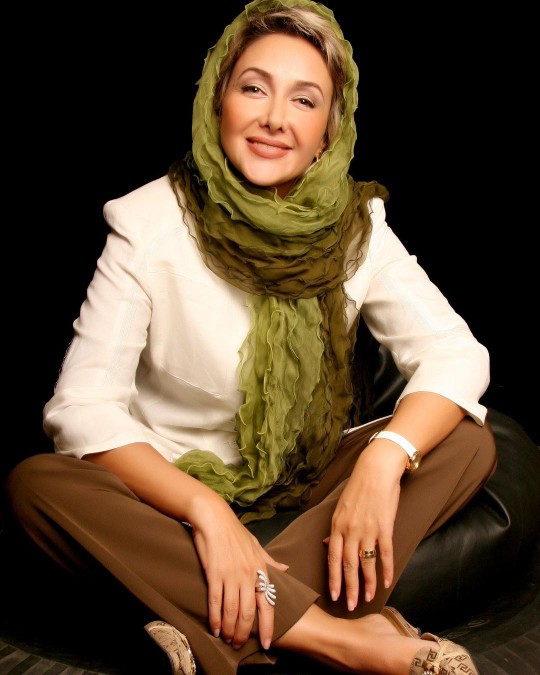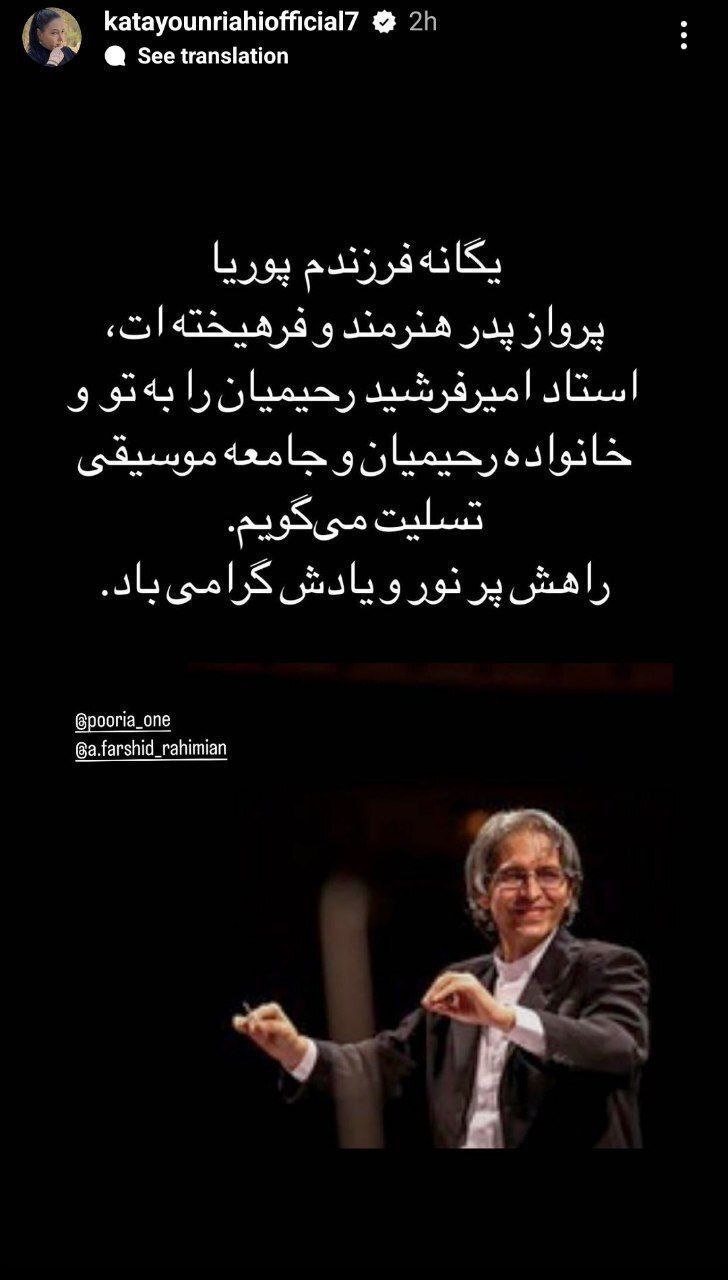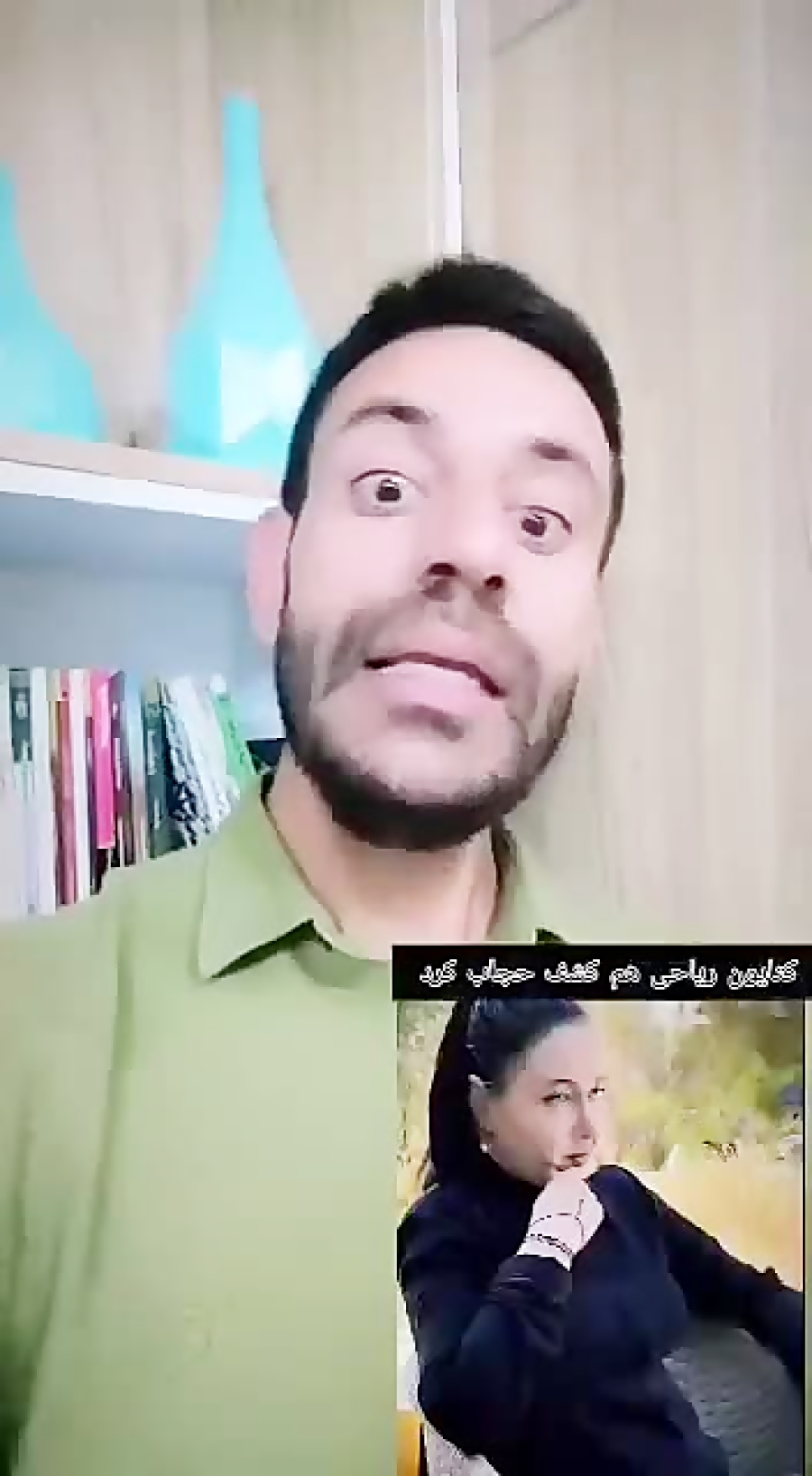Who is کتایون ریاحی and why does her name resonate deeply within the Iranian artistic community? A bold statement reveals her as not just an actress but a symbol of resilience, creativity, and transformation in Iran's cinematic history. Her journey from a young debutante to a seasoned performer has left an indelible mark on the industry, influencing countless artists and audiences alike.
Born on December 30, 1961, کتایون ریاحی emerged as one of Iran's most celebrated actresses during the late 20th century. Her breakthrough performance came in 2001 with her role in The Last Supper, which earned widespread acclaim from critics and audiences alike. This was followed by her portrayal of Zuleikha in the television series Joseph the Prophet, cementing her status as a versatile and compelling actor capable of tackling complex characters with depth and nuance. Beyond acting, she ventured into writing, publishing works such as A Window for Me, where she delves into intricate narratives reflecting personal experiences and societal observations.
| Name | کتایون ریاحی |
|---|---|
| Date of Birth | December 30, 1961 |
| Place of Birth | Tehran, Iran |
| Spouse | Masoud Behbahanian (Second Husband) |
| Profession | Actress, Writer |
| Notable Works | The Last Supper, Joseph the Prophet, A Window for Me |
| Awards | Critical Acclaim for Performances in Various Films and Series |
| Reference | Wikipedia - Katayoun Riahi |
In recent years, کتایون ریاحی has been involved in public discourse surrounding social issues affecting women in Iran. In 2018, her involvement in the #MeToo movement sparked significant conversation about gender equality and workplace harassment within the entertainment sector. Alongside fellow actresses like Monsoon Mahajer, Hangameh Ghadiriyan, Panthea Bahram, and Hedy Zeinalabedin, she contributed to raising awareness through collective action against systemic injustices faced by female professionals.
Her outspoken nature occasionally placed her under scrutiny; notably when expressing opinions without sufficient evidence regarding current events or controversial matters. Such instances led to criticism from certain quarters while simultaneously highlighting her commitment towards transparency and honesty even amidst adversity.
Despite these challenges, her legacy continues to inspire new generations who admire both her craftmanship and courage in addressing pertinent topics head-on. For instance, her candid remarks concerning Mehran Modiri—an acclaimed director—highlighted concerns over collaboration ethics among peers working together within challenging environments post-disaster scenarios like earthquakes.
As we reflect upon her illustrious career spanning decades filled with remarkable achievements alongside occasional controversies, it becomes evident that کتایون ریاحی represents more than just talent—it embodies perseverance amid obstacles coupled with unwavering dedication towards advocating meaningful change within society at large.
Her contributions extend beyond mere entertainment value—they serve as catalysts inspiring dialogue around critical subjects impacting everyday lives across various demographics within modern-day Iran today.
This exploration into کتایون ریاحی's life provides insight not only into her professional accomplishments but also sheds light on how personal beliefs intersect with public personas shaping cultural landscapes over time through artful expression combined with active participation in broader socio-political movements striving toward progressiveness amidst ever-evolving contexts globally interconnected yet uniquely rooted locally relevant traditions preserved despite changing times ahead lie promising opportunities awaiting those willing embrace innovation alongside heritage preservation efforts moving forward into future chapters yet unwritten stories waiting unfold before our eyes tomorrow awaits...



